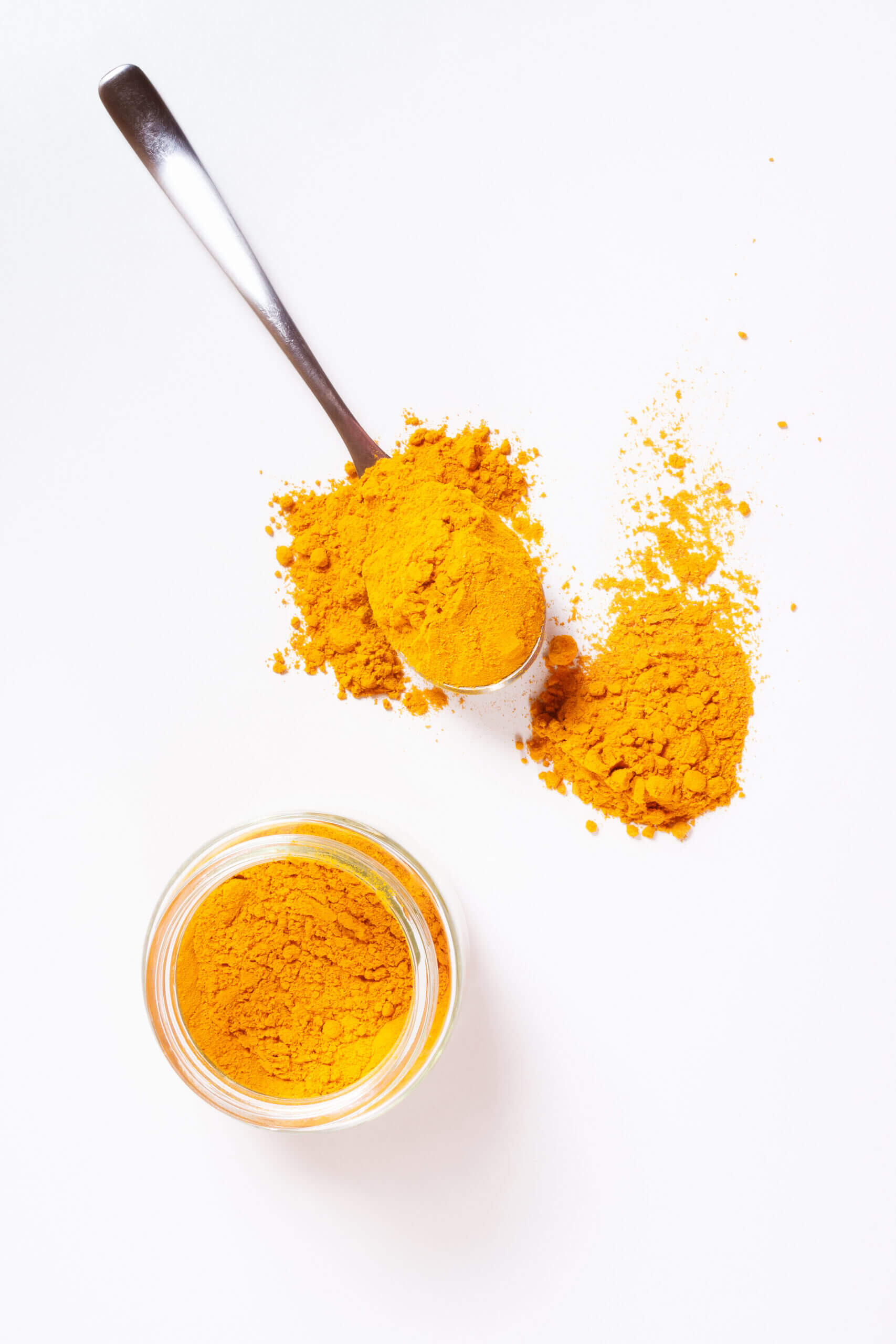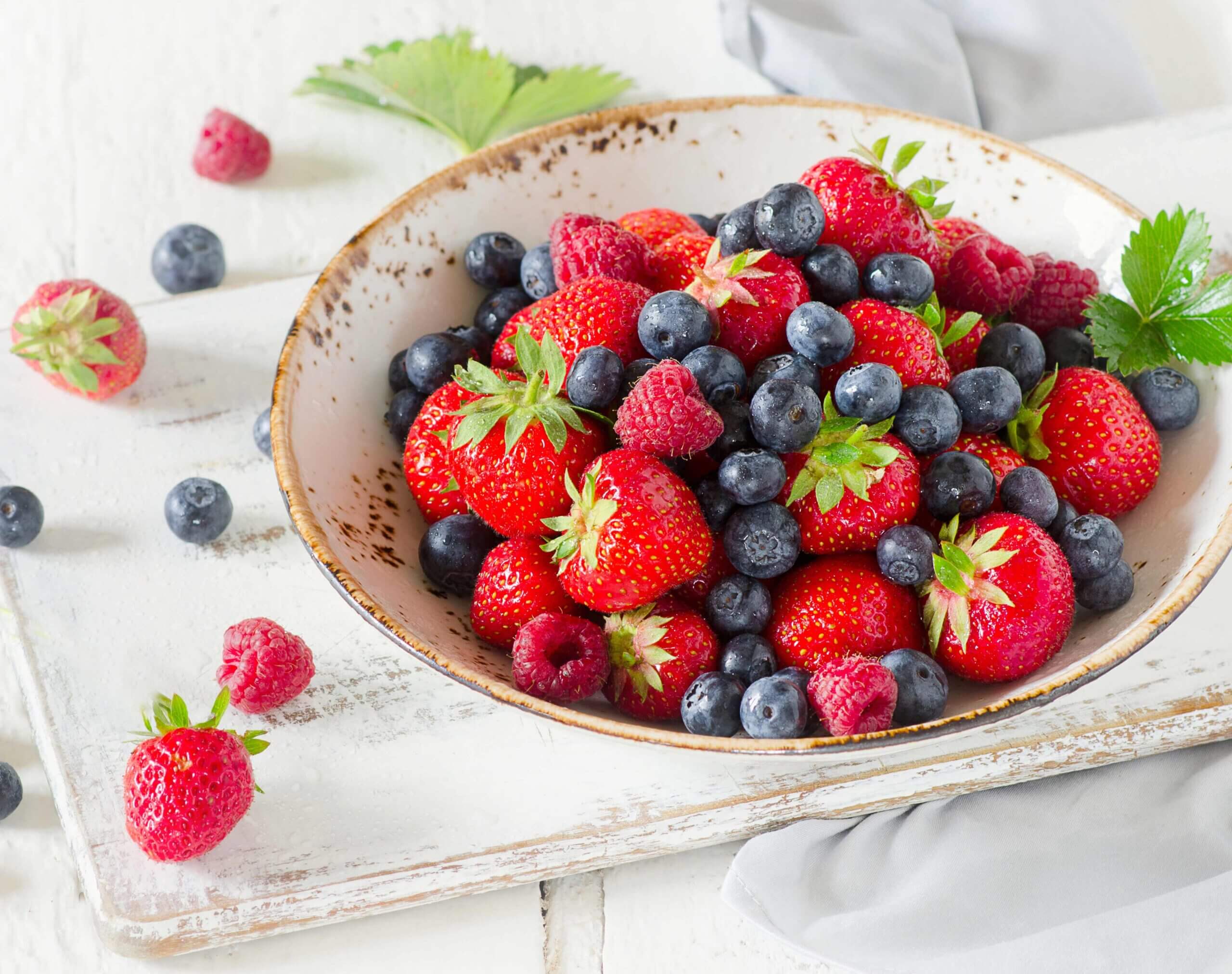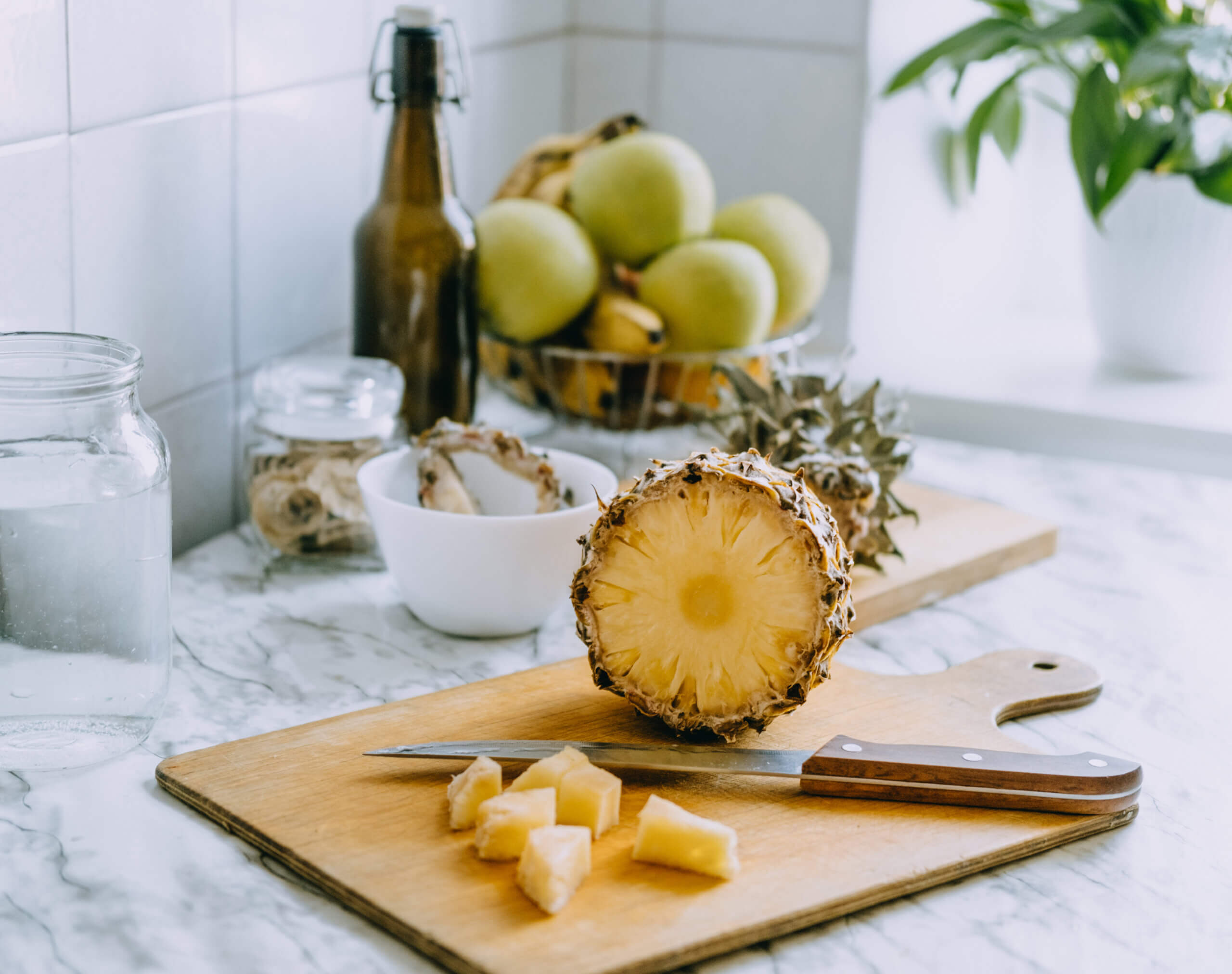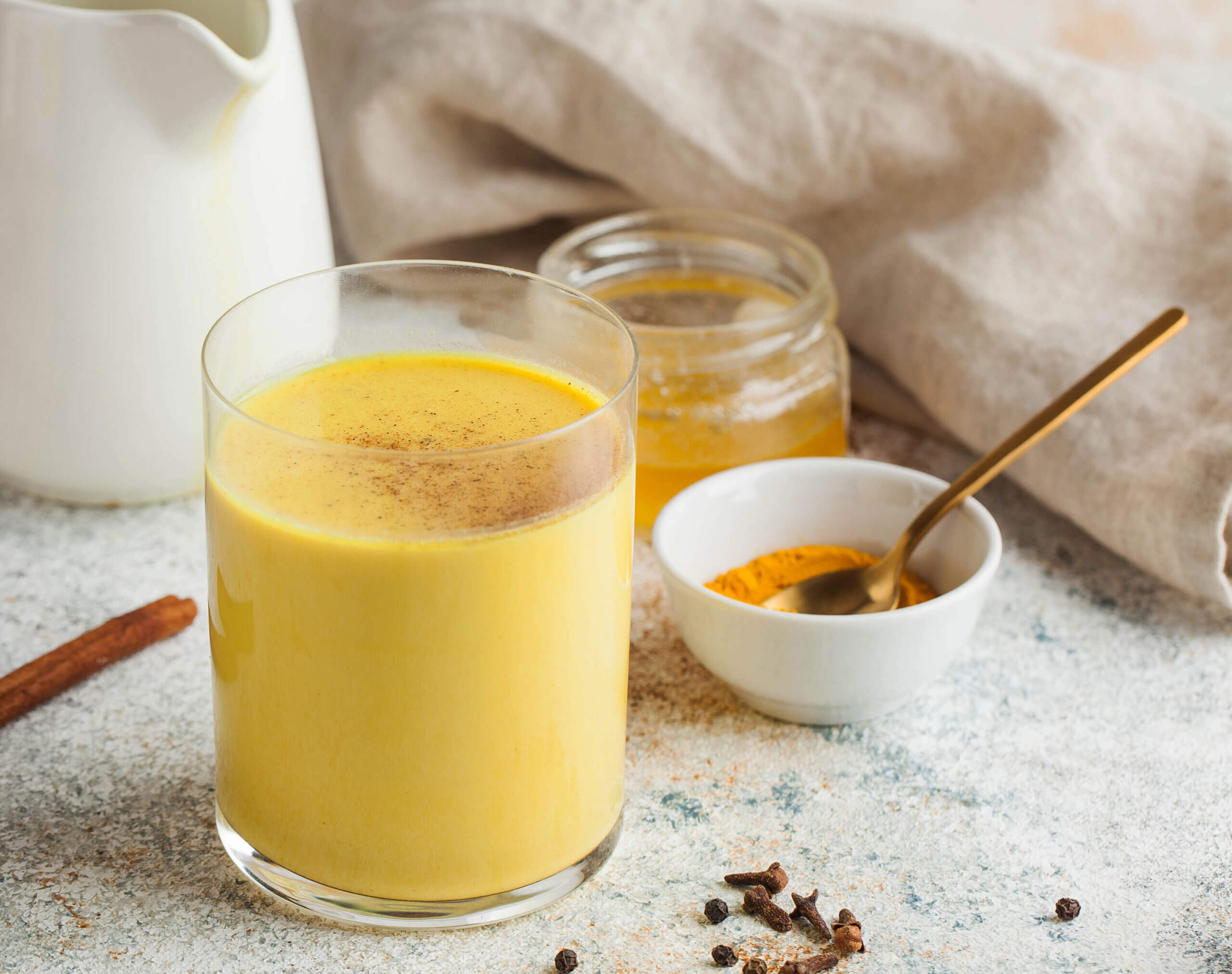Sometimes it only takes a small change to your diet to make a noticeable difference to your wellbeing. Superfoods – these nutrient-rich, natural powerhouses – can do exactly that. They don’t just give you energy; they also provide an extra boost of vitamins, minerals and antioxidants to strengthen your body and help you glow from the inside out. In this guide, I’ll show you what makes superfoods so special, the benefits they can bring, and which ten foods you should definitely know about to take your nutrition to the next level.
What exactly is a superfood?
Superfoods are like the superheroes of the food world. They’re especially rich in valuable nutrients and can play an important role in supporting your health. From exotic fruits to local leafy greens, seeds and spices – the variety is endless.
Superfoods vs. ordinary foods – the key difference
While regular foods provide your body with basic nutrients, superfoods stand out for their exceptionally high nutrient density. This means that even small amounts can have a big impact – from supporting your immune system to helping prevent nutrient deficiencies. Compared to heavily processed products, they offer pure, unrefined energy.



Nature’s superpower – protection and prevention
Studies suggest that eating superfoods regularly may help lower the risk of heart disease, diabetes and certain types of cancer. The antioxidants they contain act like a shield against free radicals, protecting your cells from damage and strengthening your immune system.
“
Common sense begins in the kitchen.
Friedrich Nietzsche
The top 10 superfoods you should know about
Now that you’ve discovered the power of superfoods, it’s time to bring the real heroes into the spotlight:
- Quinoa: This gluten-free pseudocereal is a complete plant protein, containing all nine essential amino acids your body needs for muscle growth and repair. It’s also rich in fibre, magnesium and iron, which support muscle function, nerve health and blood formation. Try it as a nutrient-rich alternative to rice or couscous.
- Chia seeds: Tiny but mighty, chia seeds are packed with fibre to aid digestion and keep you feeling fuller for longer. They’re also an excellent source of plant-based omega-3 fatty acids, which benefit heart and brain health. Add them to smoothies, porridge or enjoy as a creamy chia pudding.
- Avocado: In addition to healthy monounsaturated fats, avocados are a good source of potassium, which helps maintain healthy blood pressure. They also provide fat-soluble vitamins such as vitamin E, which nourishes your skin from within. Whether in salads, on toast or as a creamy base for dips, avocados are wonderfully versatile. As their cultivation can be water-intensive and they often travel long distances, it’s worth choosing sustainably sourced avocados and enjoying them mindfully.
- Berries: Strawberries, blueberries, raspberries and blackberries are bursting with antioxidants such as anthocyanins, which protect your cells from oxidative stress. They’re a great source of vitamin C to support immunity and help your skin produce collagen. Enjoy them fresh or frozen to preserve their goodness.
- Kale: A true nutritional champion, kale is exceptionally rich in vitamin C and also provides calcium for strong bones and teeth. It contains powerful plant compounds like glucosinolates, which may have anti-inflammatory benefits. Eat it raw in salads, gently steamed or baked into crispy kale chips.
- Spinach: Famous for its iron content, spinach also delivers vitamin A for healthy eyes and skin. It’s a good source of folate, making it especially important during pregnancy. Young spinach leaves are perfect for salads, while mature leaves shine in cooked dishes.
- Broccoli: This green vegetable is full of vitamin C, vitamin K and fibre for healthy digestion. It’s also rich in sulforaphane, a plant compound with potential antioxidant and anti-inflammatory properties. Steam it lightly to retain most of its nutrients.
- Turmeric: The golden spice contains curcumin, a compound known for its strong anti-inflammatory effects. Pairing turmeric with black pepper can enhance the absorption of curcumin in the body. Beyond curries, it works beautifully in golden milk or even in smoothies.
- Flaxseeds (linseeds): A fantastic source of alpha-linolenic acid (ALA), a plant-based omega-3 fatty acid that supports heart health. Their high fibre content promotes digestion and can help maintain healthy cholesterol levels. Grind them fresh before use to maximise nutrient absorption.
- Coconut oil: Although coconut oil is high in saturated fat, most of it comes in the form of medium-chain triglycerides (MCTs). These are metabolised differently from long-chain fats, providing a quick source of energy and potentially supporting fat burning. It also has antimicrobial properties and is wonderfully versatile – from cooking and baking to nourishing skin and hair.
Incorporating these nutrient-packed superfoods into your meals, little by little, can make a real difference to how you feel. Healthy eating doesn’t have to be complicated – it can be colourful, vibrant and full of flavour.
So, grab your spoon, fork or favourite smoothie glass and start your personal superfood journey today. Your body will thank you.
Find out more about the 10 best vegan protein sources here.
Disclaimer: This text is not a substitute for professional medical advice, diagnosis or treatment. It must not be used as a basis for self-diagnosis or for starting, changing or discontinuing medical treatment. Always consult a qualified healthcare professional if you have any health concerns or symptoms. Greentrinsic accepts no liability for any discomfort or harm arising from the use of the information provided.



